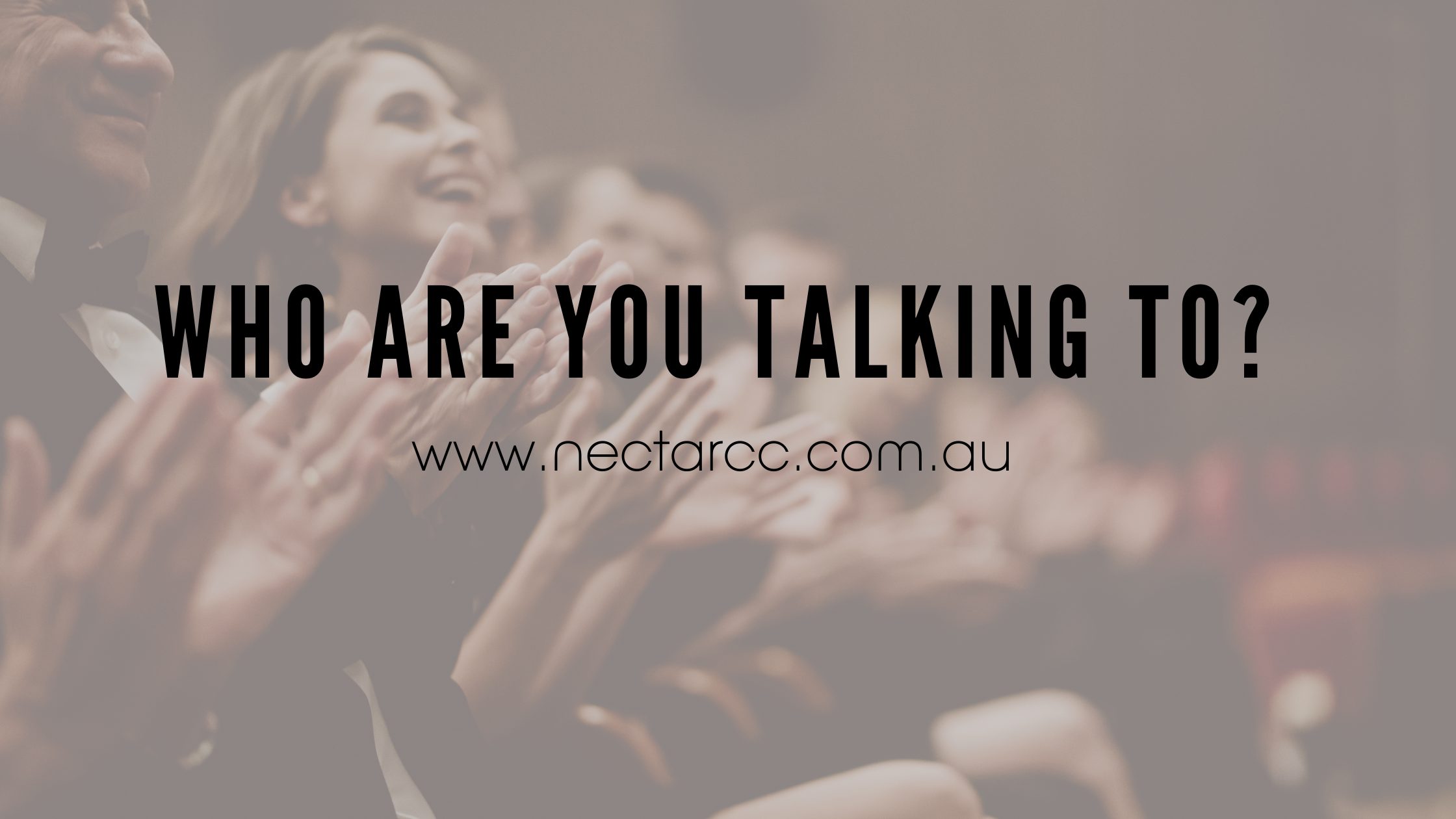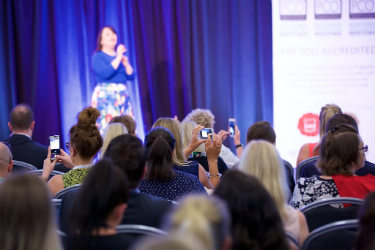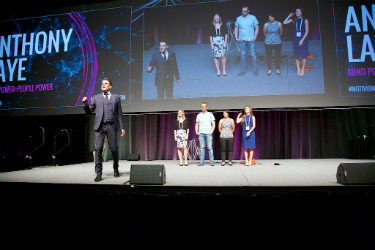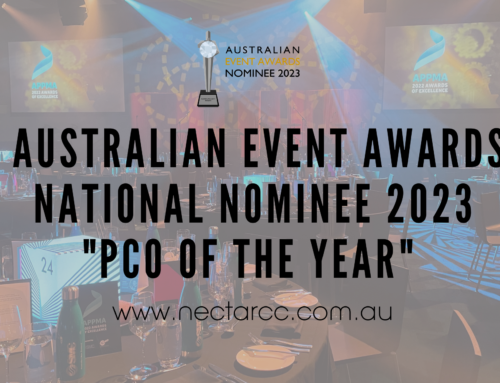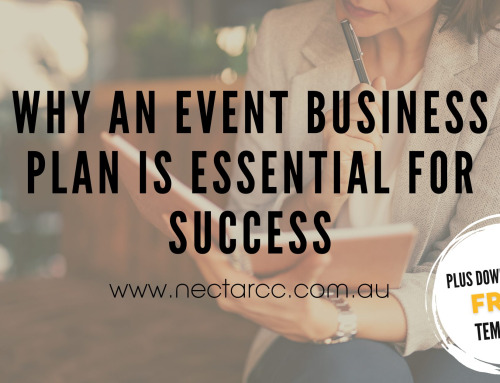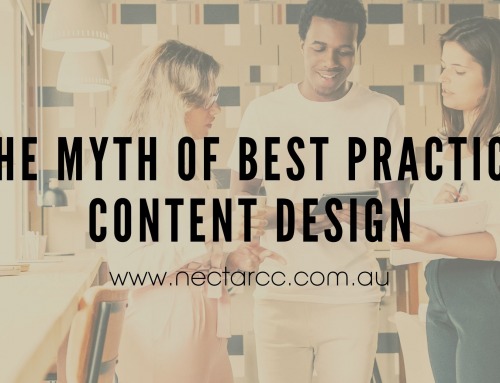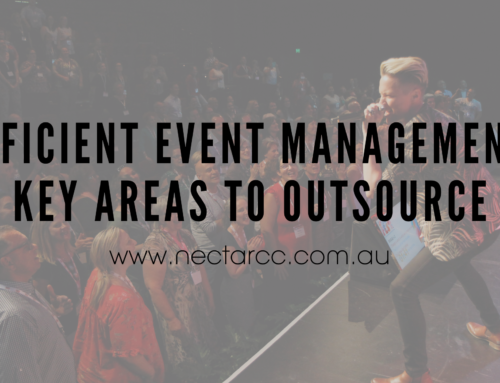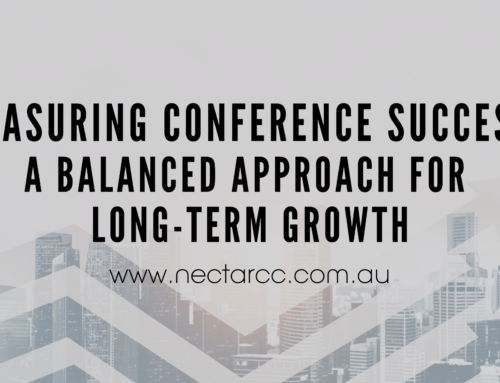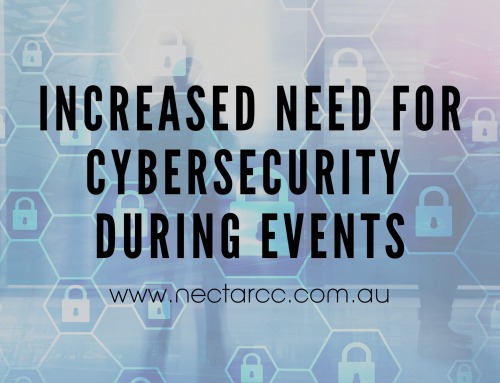It’s not a trick question. As event managers, I don’t think we ask this question of ourselves often enough. Let’s face it, with the countless number of podcasts, blogs, webinars, Youtube videos and magazine articles available on any given topic, it is reasonable to wonder why someone would give up their time and money to attend a conference these days?
I have previously talked about the success of an event being dependent on the content first and then the delivery. Many conference and event managers believe they know their audience inside out, especially if they have been delivering the same event for a number of years. That might be true, however how well do they really understand them and their changing needs?
Across all communication channels, research clearly indicates that those who understand their audience are more successful in achieving their project or campaign objectives. Looking at your event through your audience’s eyes from the very beginning of the planning stages will set you on the path to producing an event with greater engagement, more lasting impact and concrete results.
In my opinion, creating a comprehensive audience profile is a must when planning any event or conference. This process will allow you to clearly articulate important audience insights which will enable you to have a clear picture of who they are, what challenges they face, what they are looking for and why they would be drawn to your event in the first place.
To build your audience profile, start with the demographics to outline your target audience. This list could include the market segment/s, role or position, age, gender, average earning, education level and any other characteristics of your audience members that is relevant to your event.
However to gain a deeper insight into your audience you should ask some more probing questions. This exercise is best done with your team and client (if appropriate); have some fun brainstorming while you get to know your audience in their everyday life. Grab some pens and post-it notes, write down as many ideas as you can but be as specific as possible with your answers.
To help you get started, put yourself in your audience’s shoes and then ask the following:
- What do I see and say every day? Where do I work, study, play – what is the environment and who are my key contacts? What is my public persona; what do I say matters to me? Do I influence others? How do I behave in front of others?
- What do I hear and think? What are my friends and family saying; what are my work colleagues talking about? How am I influenced? What do I really think and feel? What are my aspirations, how am I moved?
- What frustrates me? What is stopping me reaching my goals? What are the biggest risks I have to face each day? What are my main concerns?
- What motivates me? How do I measure success – both personally and professionally? What do I need to achieve and how do I get there?
Completing this empathy map will highlight what your audience ‘needs’, and therefore define your specific event challenge. What problem/s is your event going to solve for your audience? With these needs identified, you have an insight into your audience that, combined with your event objectives, is a strong platform to building the most compelling content for your conference or event program.
Remember, audiences are real people. Knowledge and networking are often quoted as the main reasons for attending a conference, however the entire conference experience must be enjoyable and relevant to be worth attending.
Relevance is the vital connection between what you (or your client) wants to say and what your audience is interested in hearing; it’s the link between what you want them to experience, and what they would find enjoyable and worthwhile. To know your audience is to have relevance.
So before you start planning your next conference or event, I challenge you to ask yourself – “who am I really talking to?”.
*This article was originally published in Australia’s leading business tourism industry publication, Micenet magazine in January 2018.
